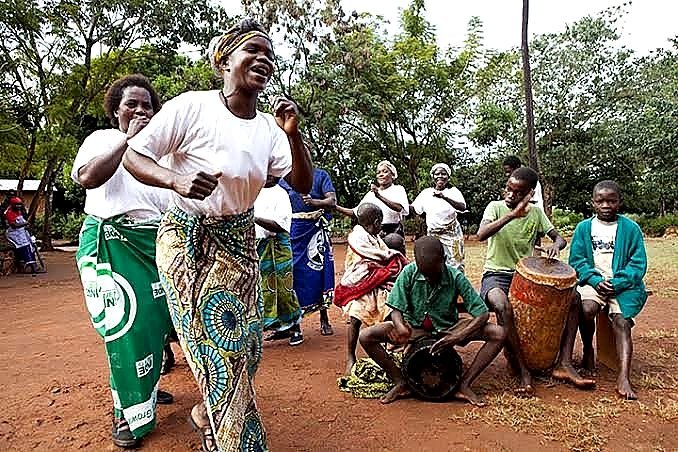Sena people are an ethnic group found in northwestern Mozambique , southern Malawi and eastern Zimbabwe. Barwe/Chibarwe spoken in Zimbabwe is a dialect of the Sena language.
Chibarwe/Barwe is recognised as an official language in terms of the constitution of Zimbabwe .
There is a significant population of Sena people of Malawi and Mozambique who migrated to Rhodesia/Zimbabwe to work for the railways and in commercial farms.
Chibarwe/Barwe is mainly spoken in Nyamaropa and Nyakombu districts in Nyanga as well as in the Mazezuru and Mukosa areas of Mudzi. Other Sena dialects include Nyungwe, Podzo, Chikunda in Zimbabwe, and Mag’anja in Malawi.
The Sena originally lived in the Zambezi Valley bordering Malawi, Zimbabwe and Mozambique. Modern day Sena people now incorporate fusions of linguistic and cultural influences of the Manyika people of Zimbabwe & Mozambique & the Nyanja-Chewa people of Malawi and Mozambique.
The Sena people trace their origins to north-western part of Mozambique the their settlements were in Tete, Manica, Sofala and Zambezia provinces. The Sena people have close relations with the Yao, Lomwe and Tumbuka groups.
Sena women traditionally wear wrap around clothes called nsalu or chitenje cloth, which have generally been embraced by many people groups in Zimbabwe and the rest of Southern Africa.
In 1531, Vicente Pegado founded a fair in a Muslim village along the Zambezi river, which then grew to become a major trading post, missionary centre, and market town. Pegado called this place Sena, & it is believed that it is after this town that the “Sena” take their name.
Sena people converted to Catholicism during the colonial era under the influence of Portuguese Christian missionaries who seized their gold rich and fertile lands.
The Sena people excel in art and craft. They are well known for their skills in making wooden stools , mats, and masks.
In the 19th century, the descendants of the colonial Portuguese who had been farm and plantation owners using Sena people and other African labour shifted into slave trading, which saw many Sena people traded to the South American colonies of Portugal.
The Sena people participated in liberation efforts in their respective countries and continue with their cultural & linguistic expressions and full participation in modern societies of Mozambique, Zimbabwe and Malawi.
Source: CITE
Source: CITE
